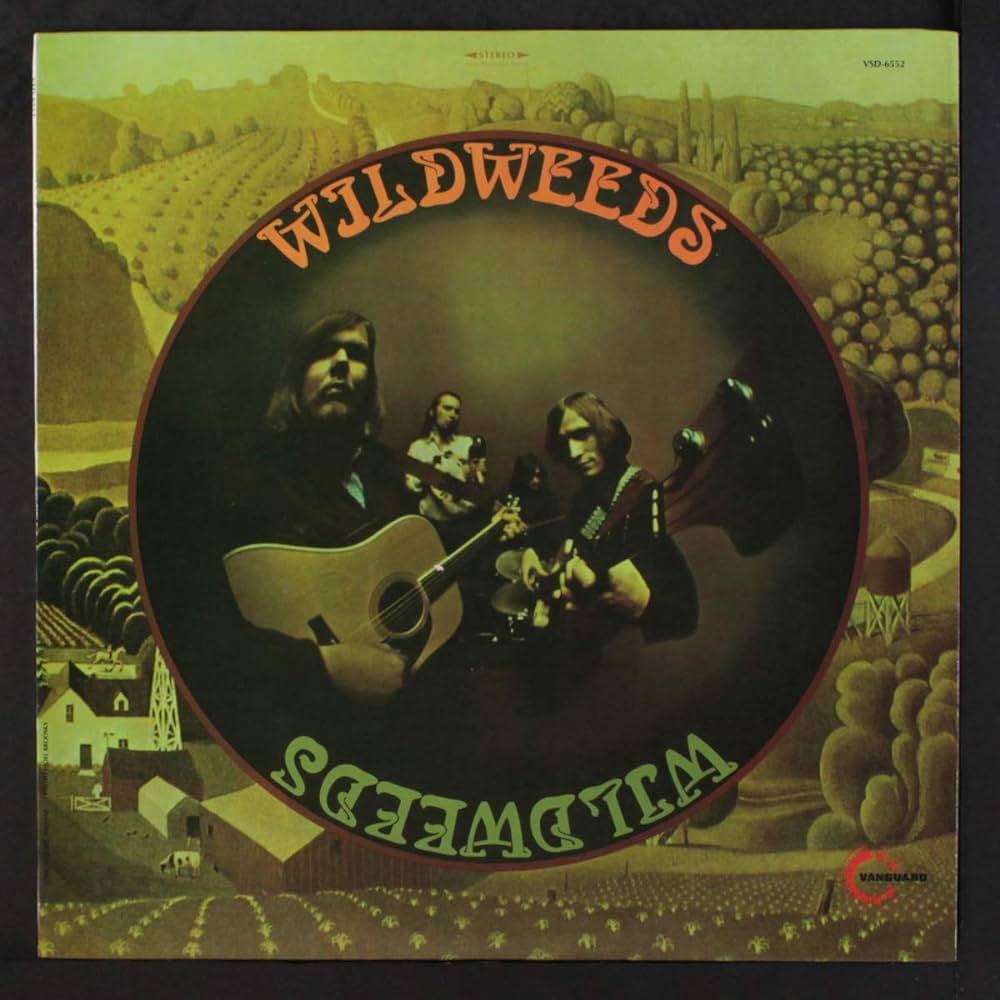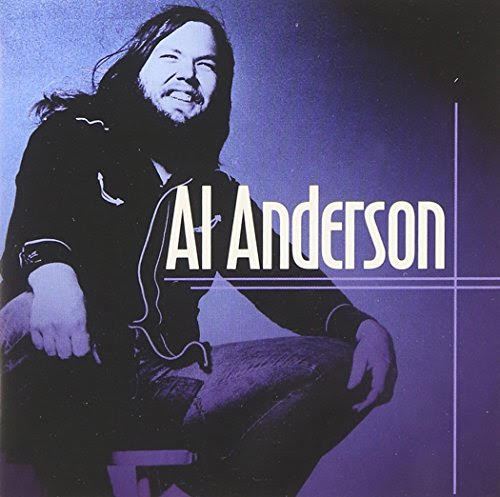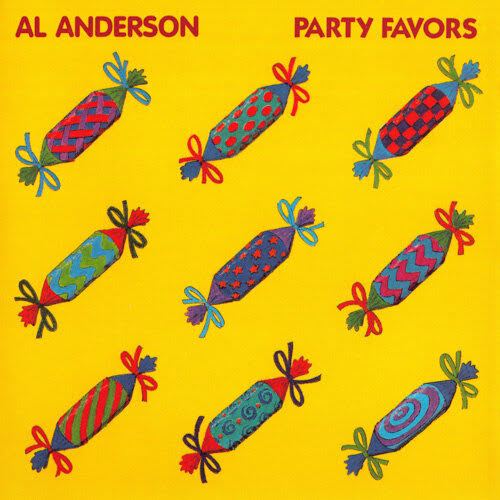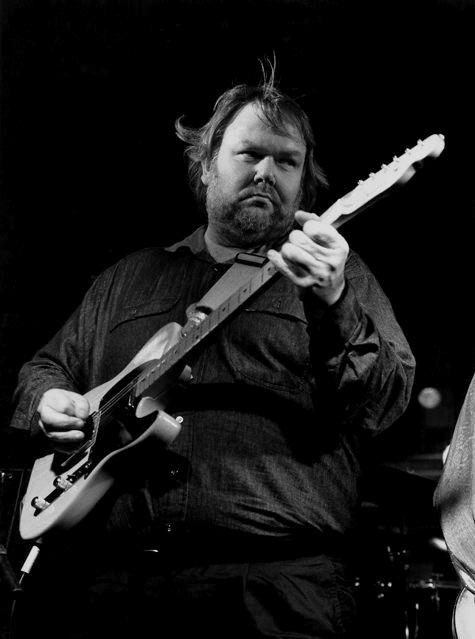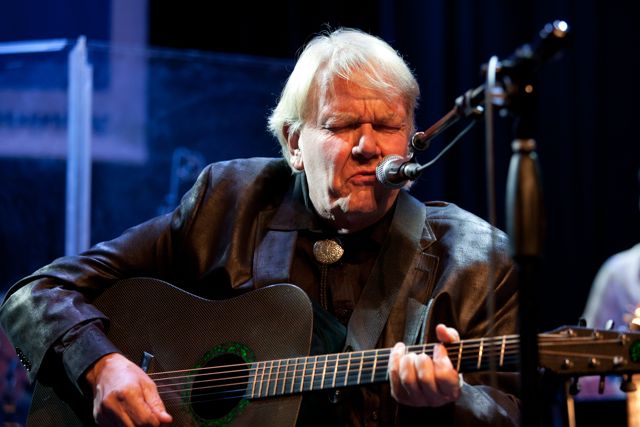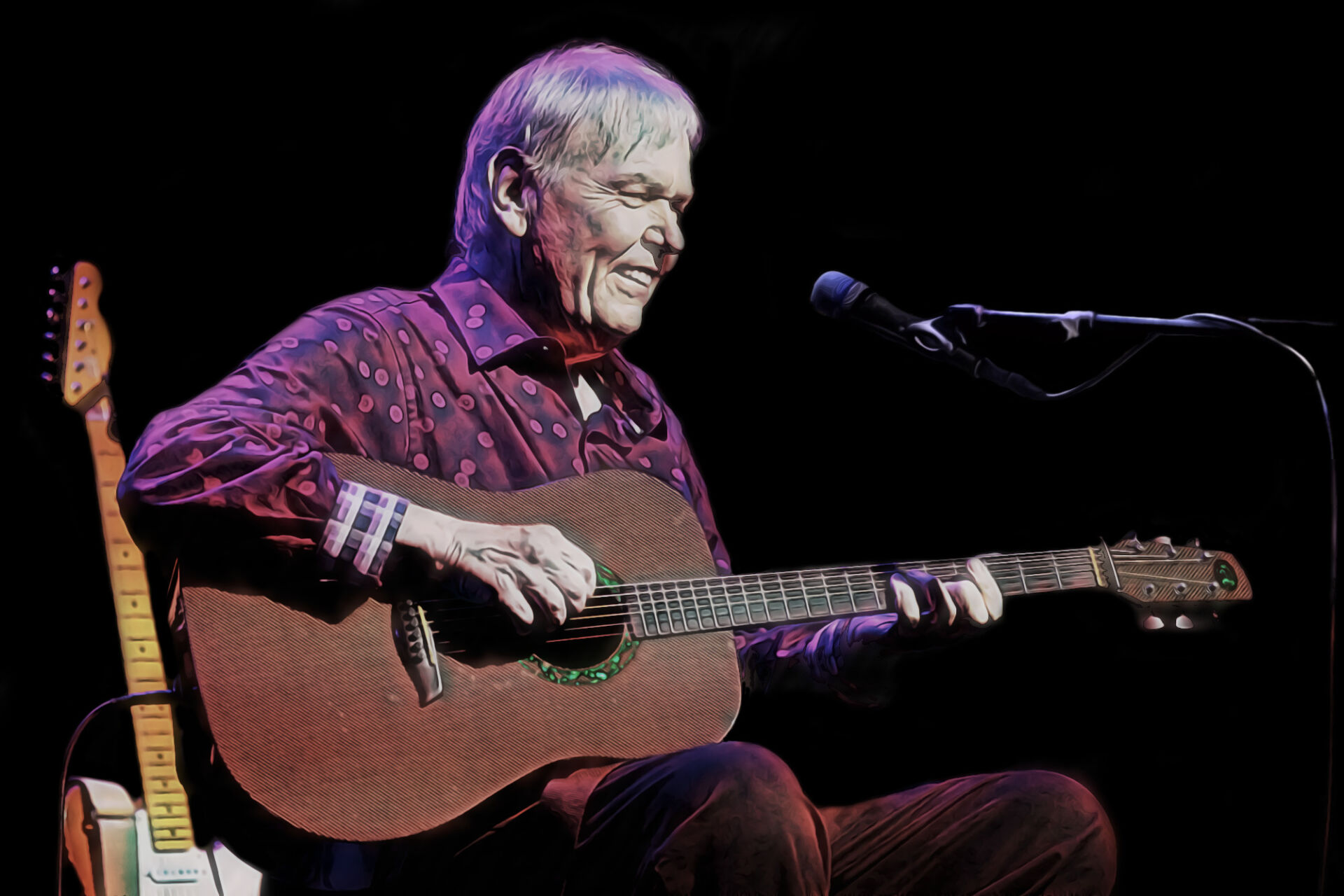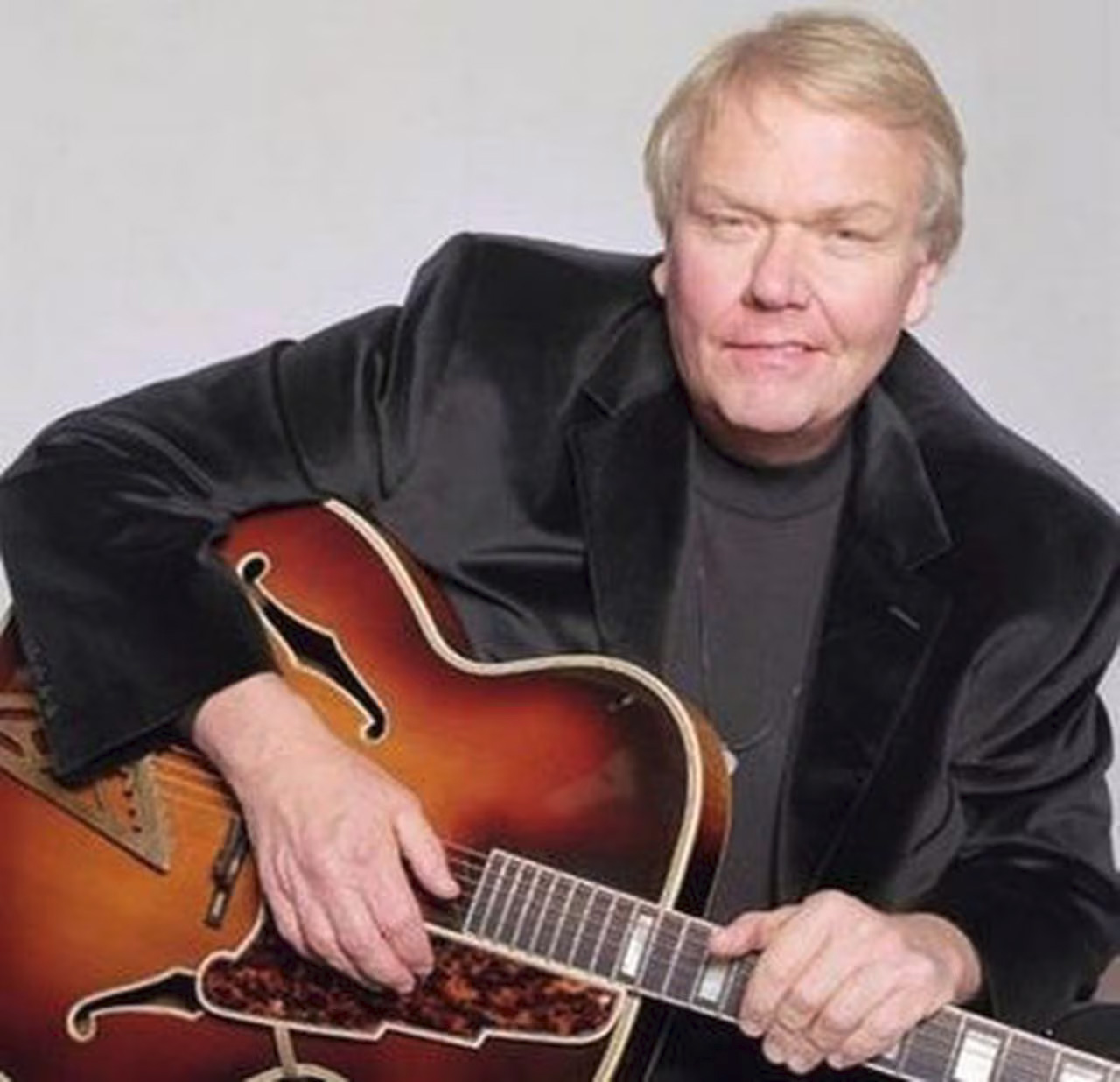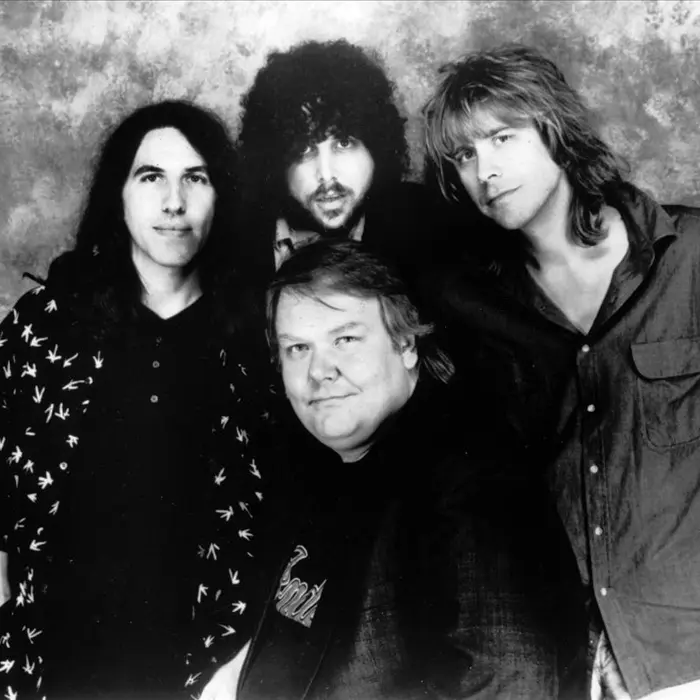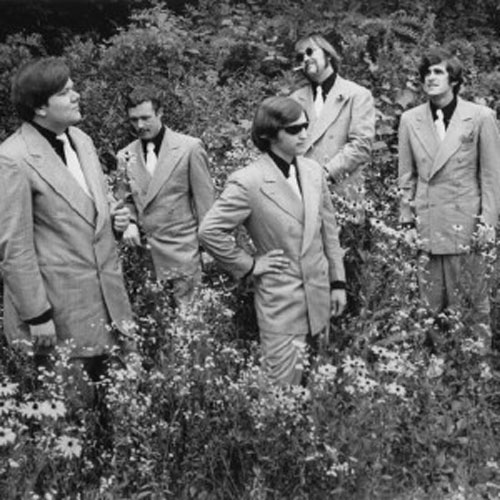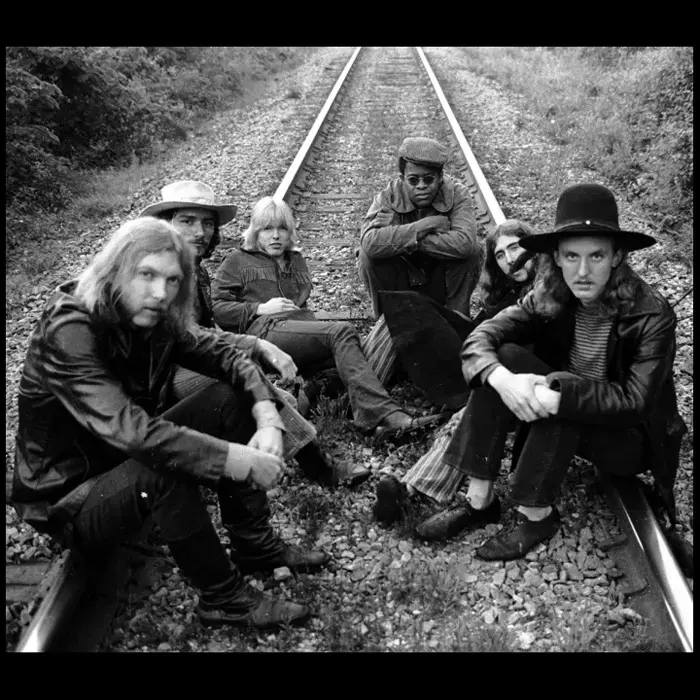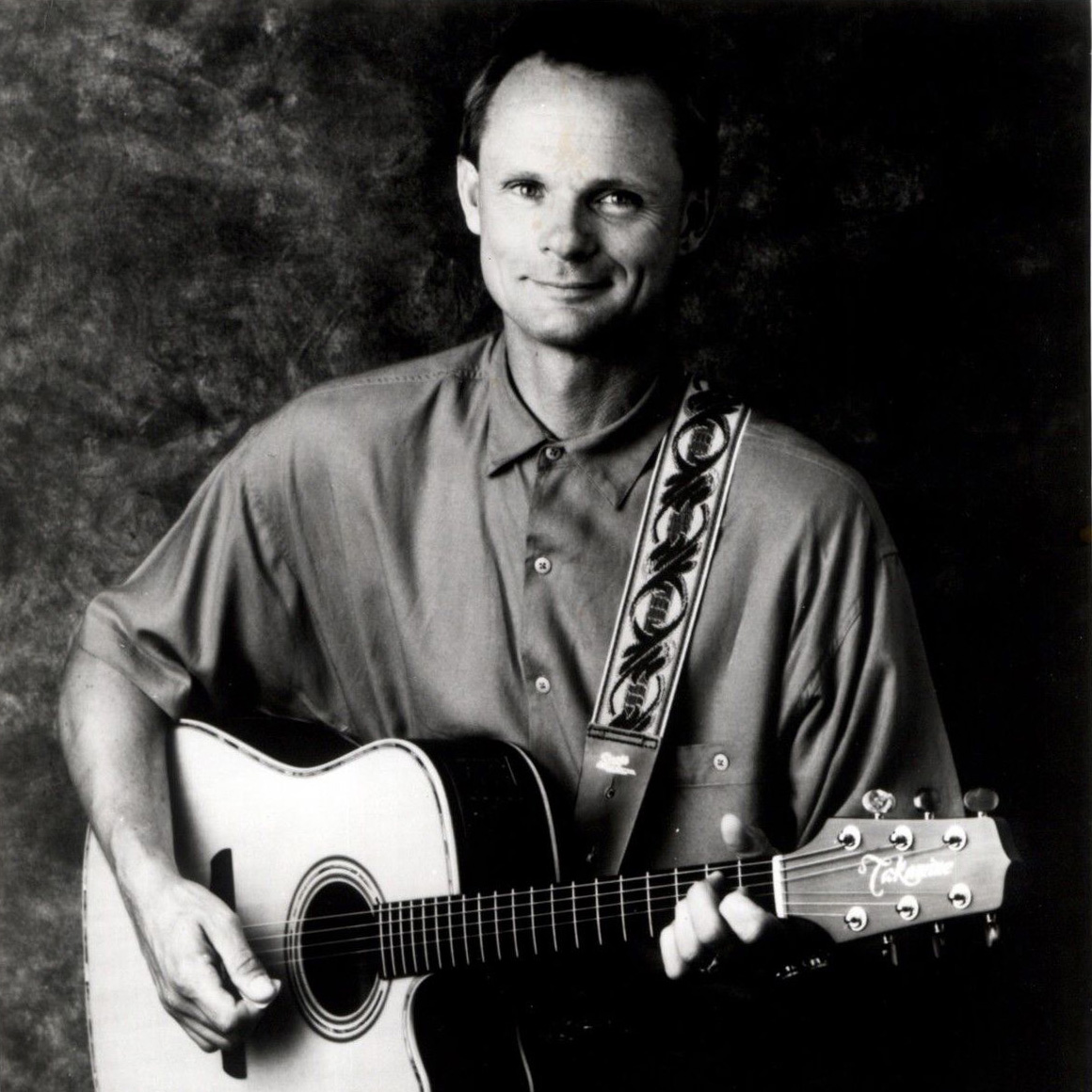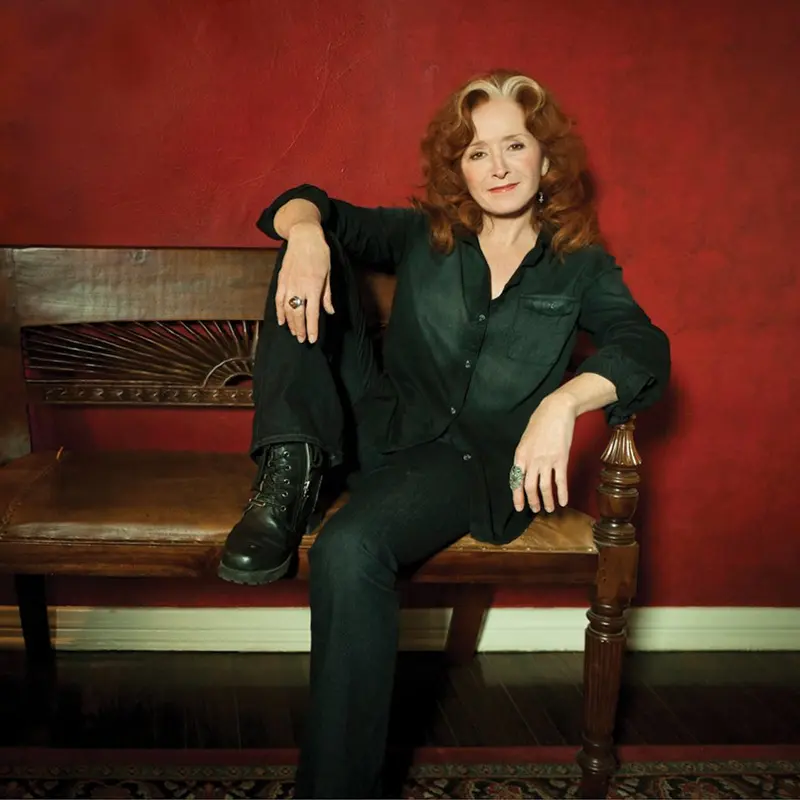Al Anderson
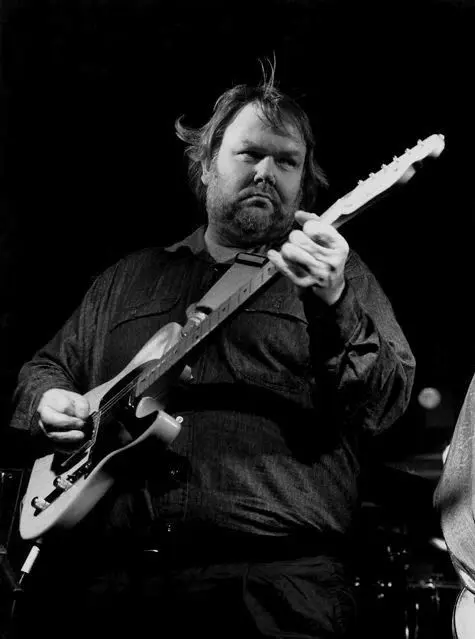
Change the location of Mark Twain’s 1899 novel A Connecticut Yankee in King Arthur’s Court to Nashville and you’ll get reasonably good idea of Al Anderson’s cross-cultural creative journey from fronting a Connecticut-based pop quintet to becoming one of the most successful songwriters in the history of country music.
Though best known outside country-music circles for his 22 years as lead guitarist with roots-rockers NRBQ – as he probably will be forever – since striking out on his own and settling in Nashville in the early 1990s, Anderson has established himself as one of country music’s all-time great songsmiths, penning dozens of tunes for a slew of celebrated singers while continuing to perform and record as a solo artist. Precious few with New England roots as deep as his have managed to transplant themselves so flourishingly in the American South, and even fewer have done so with Anderson’s distinctive blend of single-mindedness, self-assurance and style.
MUSICAL BEGINNINGS
Born July 26, 1947, in Windsor, Connecticut, Anderson’s mother was a piano teacher and he grew up surrounded by music. As a boy, late at night he listened to WWVA out of Wheeling, West Virginia, and devoured an eclectic range of songs – from Hank Williams and Chet Atkins to The Everly Brothers, The Ventures, Elvis Presley, Little Richard, Motown and Stax – but he fell the hardest for country, laying the path for what would become an illustrious career on stage, in the studio and at his writer’s desk.
THE VISUALS, THE SIX PACKS, THE WILDWEEDS
In 1958, the 11-year old Anderson was already playing guitar with a local band, The Visuals, followed by several groups in high school before becoming part of The Six Packs upon graduation. In 1966, that band changed its name to The Wildweeds, with 19-year-old Anderson as lead guitarist and frontman.
Success came quickly when “No Good to Cry,” the very first song Anderson wrote for the band, became a significant hit in New England in 1967 and was picked up for national distribution by Cadet Records. It reached #88 in the Billboard Hot 100 – and was covered by an LA-based R&B band, Hour Glass, which later became The Allman Brothers Band – but the Wildweeds never expanded beyond regional popularity. The group broke up in 1970, shortly after Vanguard released their self-titled debut (on which Anderson’s profound country influences were patently obvious).
MOVE TO NEW YORK CITY, JOINING NRBQ
In 1971, Anderson left Connecticut for New York City to begin his 22-year run as lead guitarist, vocalist and songwriter for roots-rock rebels NRBQ – known as “the world’s greatest bar band” – who’d released two albums since forming in Kentucky in 1965. His passion for R&B, rockabilly and jazz – and country, of course – suited the group perfectly. Anderson recorded 12 albums with NRBQ and wrote some of the band’s most popular songs including “Ridin’ in My Car,” “Never Take The Place of You” and “It Was An Accident.”
DEBUT SOLO ALBUM, HAVE A GOOD TIME FOR ME, PARTY FAVORS
In 1972, still owing Vanguard an album under The Wildweeds’ contract, Anderson recorded his self-titled solo debut which featured two of his NRBQ bandmates, vocalist keyboardist Terry Adams and drummer Tom Staley, plus Wildweeds’ bassist Al Lepak. In 1973, Anderson contributed his sweet-as-honey-pie licks to two songs on Jonathan Edwards‘ album Have a Good Time for Me, an 11-track collection of country covers.
In 1989, his 18th year with NRBQ, Anderson recorded his second solo outing, Party Favors, and co-wrote some songs with celebrated tunesmith John Hiatt. Increasingly frustrated with NRBQ’s nonstop touring, he began to focus mostly on songwriting and in 1991 came up with “Every Little Thing,” which reached #3 in the Billboard Hot Country Singles chart when Carlene Carter released her rendition in 1993.
LEAVING NRBQ
Anderson has cited that success and signing with music publisher Pat Daniel McMurry in 1993 as the turning points that prompted him to leave NRBQ that same year. He quit drinking, became one of the most prolific writers in Nashville and, now 30 years later, has a list of hit songs that approaches the length of a local phone book. “I went from three songs a year to writing sometimes three a day,” he once said.
SONGWRITING SUCCESS, OTHER SOLO ALBUMS
A who’s who of major country acts have topped the charts with songs that Anderson has either written or co-written, including Tim McGraw, whose 2001 version of “The Cowboy in Me” reached #1 in the Billboard Hot Country Singles chart and #33 in the Billboard Hot 100. Among the extensive list of other artists who’ve benefited from Anderson’s talents are Bonnie Raitt, George Strait, Jimmy Buffet, The Mavericks, Vince Gill, the Nitty Gritty Dirt Band, Alabama, Diamond Rio, Linda Davis, Ty England, Trisha Yearwood, LeAnn Rimes, Deana Carter and The Oak Ridge Boys.
Listed as one of Musician magazine’s “Top 100 Guitarists of the 20th Century” in 1991, since leaving NRBQ and reinventing himself in Nashville, Anderson has toured occasionally with various country acts and has recorded four more solo albums including the raucous Pay Before You Pump (1996), the softer After Hours (2006), Pawn Shop Guitars (2007, as Big Al Anderson & the Balls) and the pop country Strings (2012).
COMMENTS ON HARTFORD’S ‘60s MUSIC SCENE
Reflecting on his five-plus decades in the music business, Anderson says his “real education” as a teenager in Connecticut was going to the clubs in the north end of Hartford. “There was a camaraderie, a brotherhood, among all the musicians, black or white it didn’t matter,” he recalls. “If the music was good, you were in.”
And that straightforward statement appears to have been a lifelong theme for Al Anderson, a “Connecticut Yankee in Country Music’s Court.”
(by D.S. Monahan)

